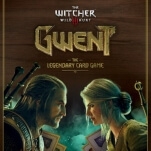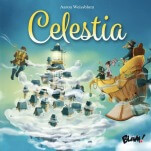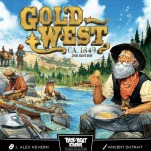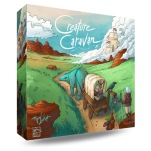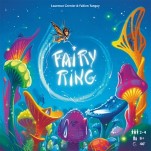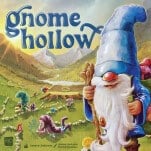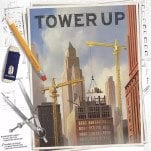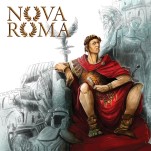Duel for Cardia: A Great Two-Player Game that Deserves a Better Name

Duel for Cardia needs a better name, for sure, but don’t let the bad handle fool you: this is a fantastic two-player, capture-the-flag game that gets a ton of mileage out of its simple components. Each player has an identical deck of 16 cards, and the game continues until someone wins five of those battles… but oh, there is much more to it than that.
The cards in each deck are numbered one through 16 and each has some kind of power written on it that can provide immediate or permanent effects. The catch is that you don’t get to use the effect if you win the particular battle when you play it: Only the loser gets the power, and the winner gets the flag (a signet ring, in Cardia).
In the standard game, each player has a hand of five cards and will play one per turn face down to the end of the shared battle line between the two of them. The players reveal their cards at the same time. The higher card wins the battle, and the lower card gets to activate its power. If they’re tied, nothing happens, at least not at first.
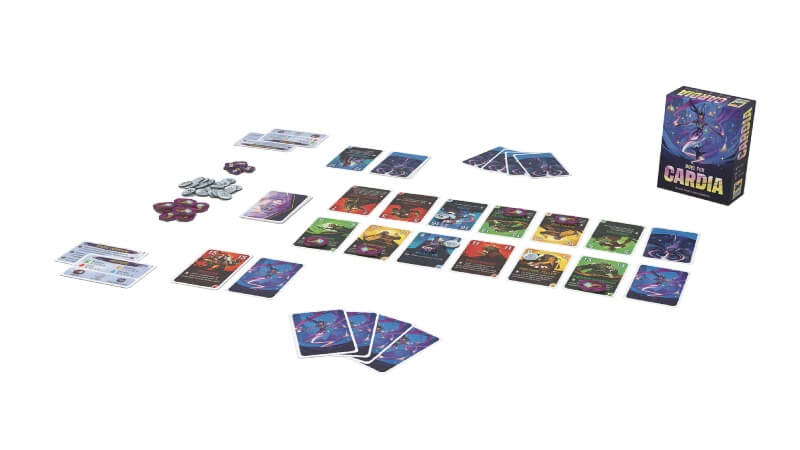
-

-

-

-

-

-

-

-

-

-

-

-

-

-

-

-

-

-

-

-

-

-

-

-

-






